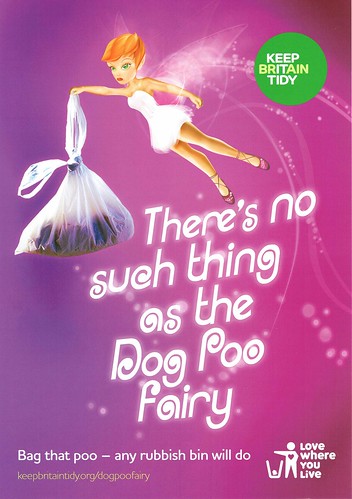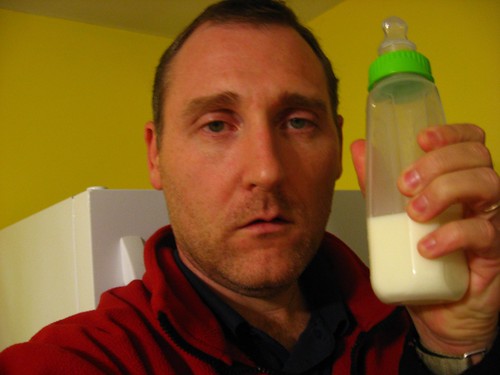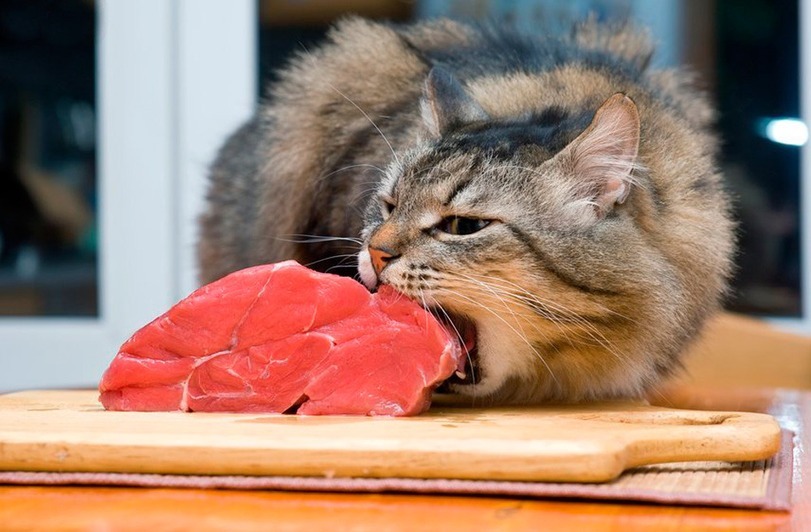Cats pretend to be high-maintenance overlords; dogs pretend to be slavishly devoted minions. Some people fall for this, but do not be deceived! The true state of affairs is revealed by one simple word: poo.
A cat, given the requisite freedom, will do (and bury) its poo somewhere you will never see it. A dog, on the other hand, will poo right in the middle of the lawn (and probably not even your lawn) and thus require you to pick it up. This is not the action of a devoted minion.
Aldous Huxley said that “to his dog, every man is Napoleon,” but can you really imagine Napoleon on pooper-scooper duty? Didn’t think so. On the other hand, there is an entire luxury industry based around the poo of a certain kind of cat. I am not making this up.
A dog is like a permanent toddler: they’re bumptious, they freak out if you’re not on hand, and they will always need you to feed, bathe, and clean up after them.
Cats, on the other hand, are more like teenagers: a broad degree of independence with occasional outbreaks of frolicksome childhood (when they think you’re not looking) and, of course, they’re always ready to veg on the couch. They are also always ready to devour anything left out on the bench, but at least they don’t have opposable thumbs. The fridge and microwave are safe.
I am, it is true, a cat person. I have had cats for most of the last twenty years. On the other hand, I have also owned a dog, and I think I can say that I was not a great success as a dog owner. Dogs, like children, are high-maintenance and high-energy, which does not fit well with a low-energy person.
If you are considering parenthood, I recommend you try a dog first. The feeding, the excursions, the cleaning up messes you didn’t make, the constant behaviour-correction, the inability to go away for the weekend, the broken nights (children and dogs don’t have inhibitions about volume nor sharing their feelings with the world) – it’s all there. If you can’t hack the canine version, consider carefully before embarking on the human version.
Cats, on the other hand, only require feeding. They clean up after themselves; they don’t need to be taken for walks in the pouring rain; they don’t mind if you get someone else to feed them for a couple of days (but they’re happy to see you when you get back) and once they’ve learned what behaviour you don’t like, they’re careful not to do it when you’re looking. Cats only emit high-decibel noises in an emergency, and they prefer to spend their nights (and indeed, their days) curled up snoozing on your bed.
And despite the bad press, cats do care. I had a cat once that would climb into the lap of a crying person, rub up against them, emit concerned mews and generally be as consoling as possible. Admittedly, she couldn’t tell the difference between laughing and crying, but it’s the thought that counts.
Cats have also been known to warn their owners of house-fires, attack intruders, or snuggle up to elderly people in rest-homes who are nearing their end. Mind you, dogs are also known to do these sorts of things – especially if they’ve been trained to.
Don’t get me wrong: I like dogs. But until they learn to clean up after themselves, it’s the human who’s the devoted attendant, not the dog.















